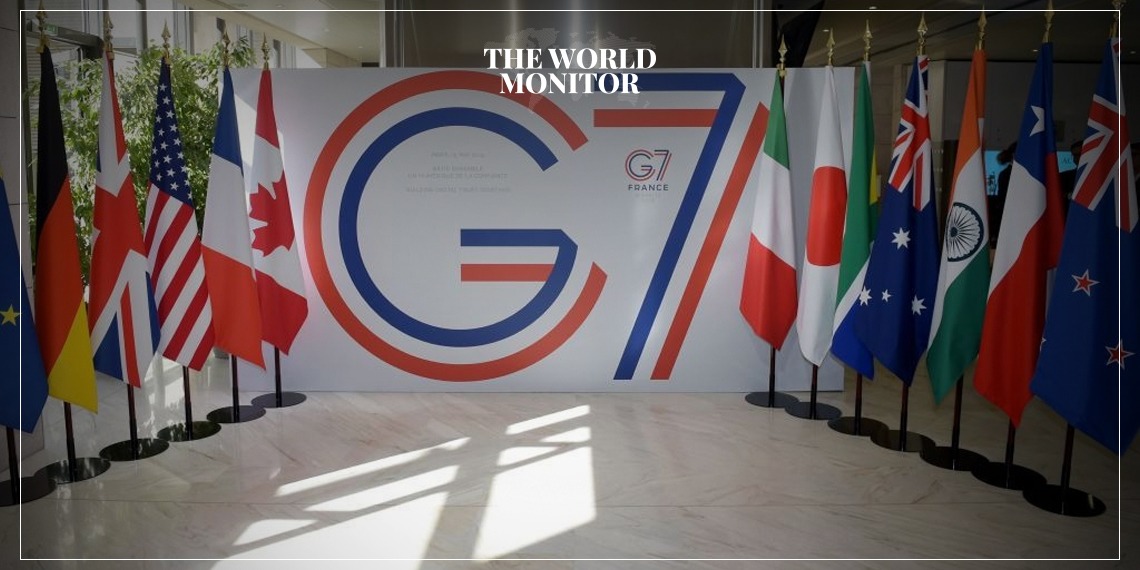The Group of Seven (G7) democracies have generally agreed on a set of guiding principles for AI developers to address risks such as online harassment, disinformation, and privacy issues.
During an Oct. 9 meeting in Kyoto, 11 key principles were settled upon, covering various stages of AI’s lifecycle, including independent testing and copyright protection.
These principles are expected to receive formal endorsements by leaders later in the year.
This discussion took place alongside the annual U.N. Internet Governance Forum. Recognizing the potential dangers of AI, the G7 emphasizes safety measures, particularly as AI plays a pivotal role in tackling global issues like climate change.
One proposal entails watermark tools to mark AI-generated content, thus curbing misinformation.
Japan, this year’s G7 chair, is at the forefront of these discussions and is concurrently crafting national guidelines to prevent over-dependence on AI.
Additionally, the G7 plans to establish a global AI code of conduct and guidelines for both AI service providers and users.
The G7 members consist of Britain, Canada, France, Germany, Italy, Japan, the U.S., and the European Union.
Media reports previously revealed that Fumio Kishida, Prime Minister of Japan, will announce regulatory strategies for creators of generative artificial intelligence (AI), as per a report by the Yomiuri Shimbun newspaper.
The anticipated regulations, which could be proposed at an online G7 summit as soon as this autumn, are aimed at battling misinformation, by enabling the public to differentiate between AI-generated images and information and those that are not.
During his speech in Kyoto on Monday, Kishida is expected to stress the importance of balanced governance and caution about generative AI’s potential to create intricate imagery and information, which may mislead the public and pose threats to economies.
Originating from the Hiroshima AI Process, the proposal for a global AI conduct code is a Japanese-led initiative as the G7 chair, intended to navigate the regulation of AI.






